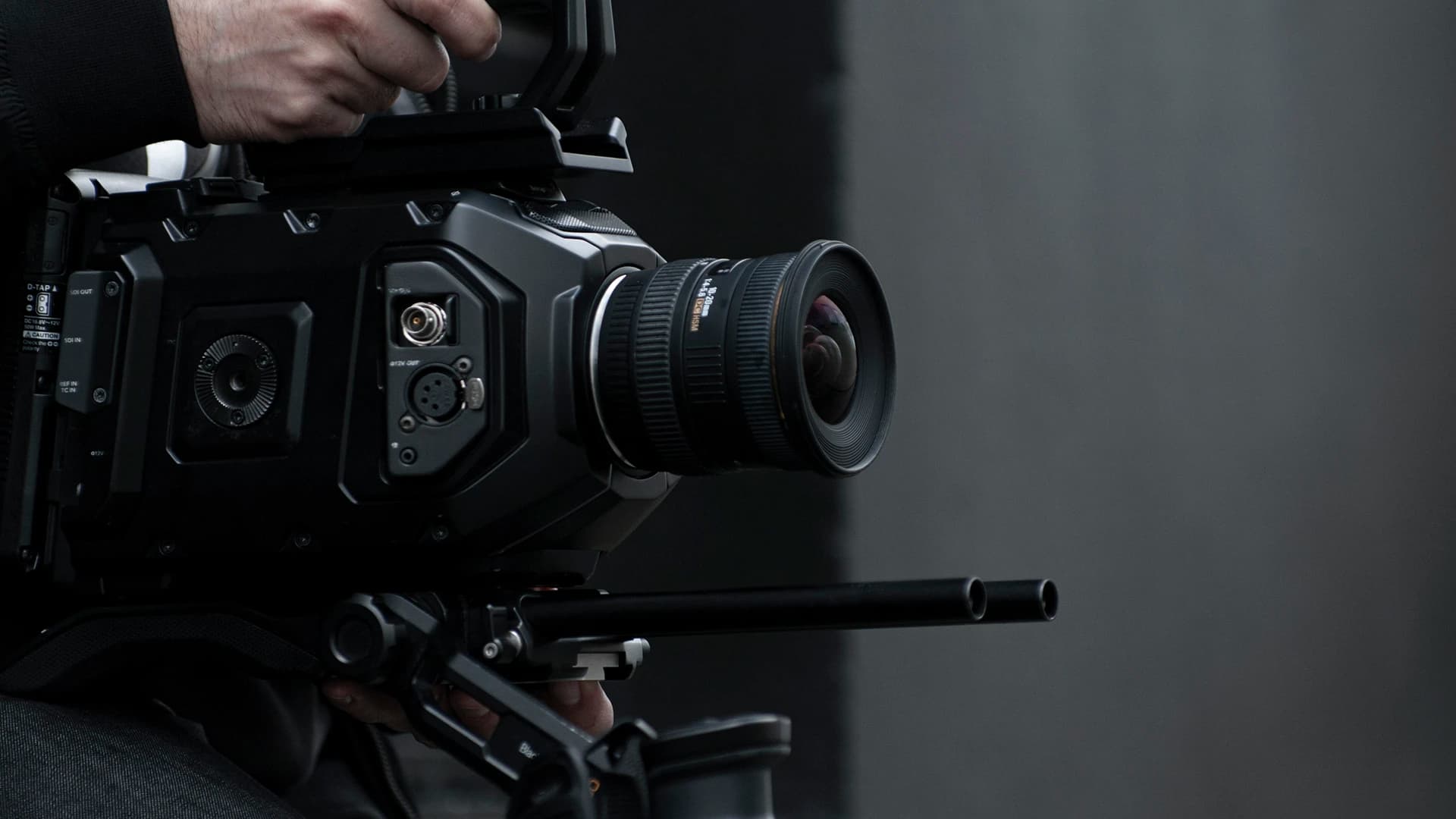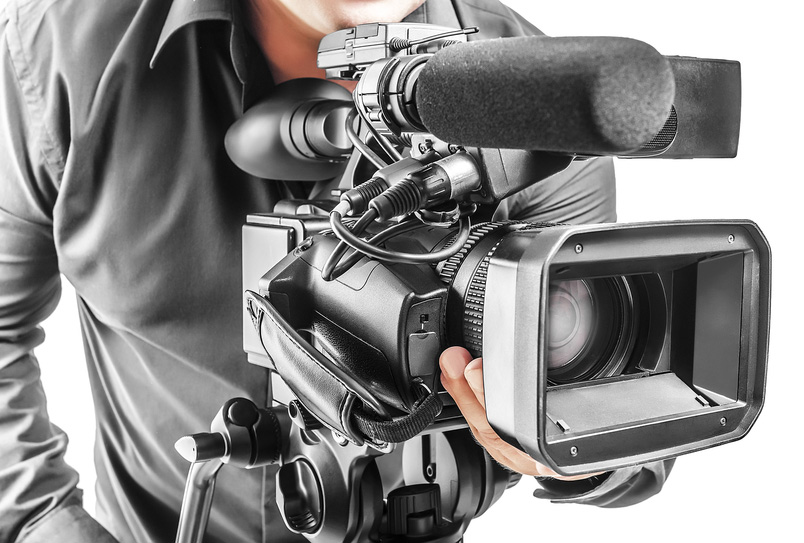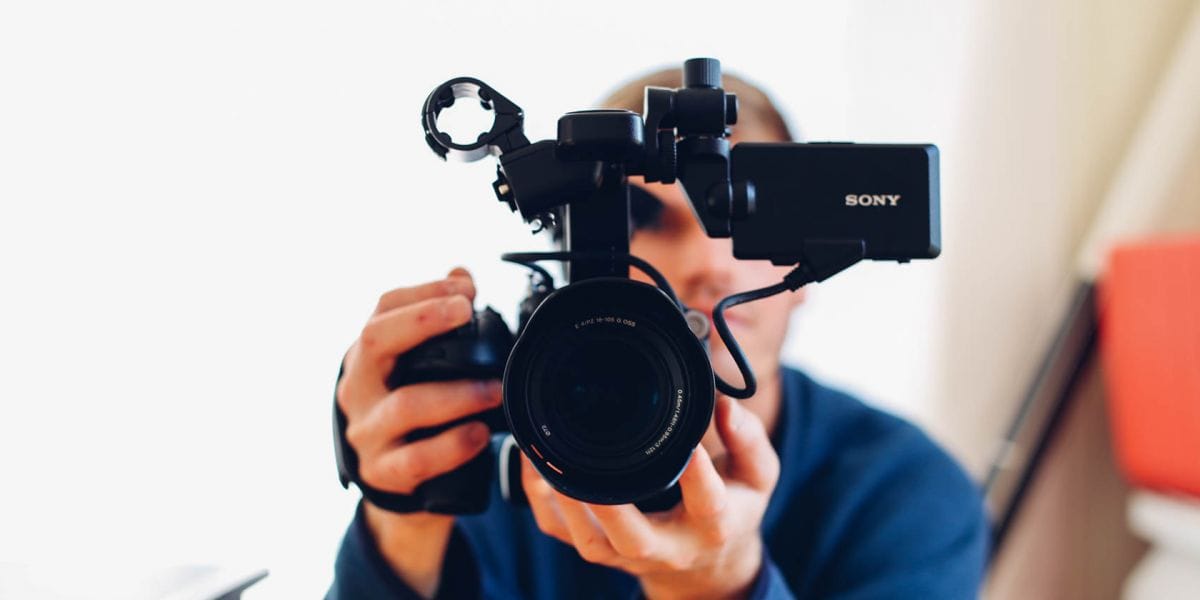The Function of Lawful Videography in Depositions and Tests
Legal videography has arised as an essential device in both depositions and tests, supplying a diverse method to documenting witness testimonies. As lawful experts progressively recognize its worth, it triggers a deeper evaluation of how these visual records can affect juror understandings and test results.
Significance of Legal Videography
Lawful videography plays an essential role in the documentation and discussion of depositions and trials. This customized area integrates technological skills with legal expertise to produce a reputable record of process that can substantially influence instance results. The visual facet of legal videography boosts the understanding of witness statement, allowing jurors and courts to observe not only the talked words but likewise the attitude, feelings, and body movement of the witnesses.

The relevance of lawful videography prolongs beyond the court room; it likewise plays an important role in preserving proof for future reference, whether for allures or additional lawsuit. Its assimilation into the lawful process is essential for making certain a fair and precise representation of the truths, eventually contributing to the pursuit of justice.

Process of Legal Videography
While catching the subtleties of depositions and tests, the procedure of lawful videography entails several critical actions that guarantee high-grade, accurate recordings. A specialist lawful videographer prepares by assessing the case materials and understanding the particular demands of the deposition or trial. This preparation includes familiarizing themselves with the participants and the context, which helps in catching pertinent information.
On the day of the recording, the videographer establishes up the necessary equipment, which generally includes high-definition cameras, microphones, and proper lighting. Ensuring optimum angles and audio top quality is critical, as it straight influences the efficiency of the recording. The videographer interacts with attorneys and participants to establish methods, making certain that every person comprehends the recording process.
During the deposition or test, the videographer diligently tapes the procedures, paying close interest to both verbal and non-verbal signs. legal videography. This consists of catching the disposition and reactions of witnesses and lawyers. After the session wraps up, the videographer may modify the video footage for clarity and compliance with lawful requirements, producing an end product that accurately mirrors the procedures for future reference and usage in lawful contexts
Benefits in Depositions
The unification of videography in depositions uses various benefits that improve the overall procedure of gathering proof. One main advantage is the capability to capture witness testaments with visual and acoustic fidelity, providing a much more accurate depiction of the witness's disposition, tone, and body movement. This multidimensional method allows lawyers and courts to examine reliability extra successfully than conventional written records alone.
Additionally, videographed depositions function as a powerful device for preserving testament. Ought to a witness come to be not available for test, their tape-recorded deposition can be played in court, ensuring that their evidence continues to be available and pertinent. This aspect substantially reduces the threat of losing vital info that can affect instance end results.
Moreover, making use of legal videography promotes better prep work for attorneys. Examining video footage enables lawful groups to evaluate and fine-tune their approaches, recognizing strengths and weaknesses in their situations. This preparatory benefit can bring about even more engaging discussions in court.
Last but not least, videography enhances the overall expertise of the deposition procedure, instilling self-confidence in customers regarding the thoroughness of their legal representation. By leveraging innovation, legal experts can substantially boost the performance of depositions.
Influence On Tests
In several tests, the assimilation of videography can dramatically affect the discussion of proof and the court's understanding. Legal videography catches witness testimonies and vital evidence in a dynamic format, allowing jurors to involve with the product on numerous degrees. This visual component webpage enhances the narration element of a trial, offering context and emotional vibration that standard text-based evidence may do not have.
In addition, video clip recordings can offer as powerful devices for impeachment throughout interrogation. When inconsistencies occur between a witness's previous declarations and their courtroom testimony, video clip evidence gives an unbiased recommendation that can sway jurors' point of views. This immediacy and clearness can reinforce the trustworthiness of an event's narrative while at the same time undermining opposing debates.
Furthermore, making use of videography can aid improve complicated information, making it extra easily accessible to jurors who might struggle to realize elaborate information provided only with spoken statement. By incorporating visuals with auditory details, legal videography can enhance retention and understanding, eventually affecting the jury's decision-making procedure. For that reason, the influence of videography in trials expands beyond simple visual appeals; it plays a critical function in forming the legal landscape and results.
Future Trends in Legal Videography
As we look toward the future of legal videography, a number of arising trends guarantee to improve its duty within the court. One considerable pattern is the assimilation of artificial intelligence (AI) in video clip evaluation and editing - legal videography. AI can improve the process of determining vital minutes in taped depositions, permitting lawyers to quickly access relevant material, consequently boosting performance in case preparation
Additionally, the rise of online truth (VIRTUAL REALITY) and increased fact (AR) modern technologies is anticipated to change just how jurors experience proof. By immersing jurors in a simulated environment, these straight from the source technologies can provide helpful hints a more profound understanding of complex situations, resulting in more educated deliberations.

In addition, the raising need for remote depositions, sped up by the COVID-19 pandemic, will likely continue. Lawful videographers will need to adapt to new software and platforms to make certain high-quality recordings in online settings.
Finally, the growing focus on data protection will certainly require stricter procedures for storing and sharing video clip proof. As the legal landscape progresses, lawful videographers have to stay abreast of these patterns to keep their relevance and efficiency in the judicial procedure.

Final Thought
In recap, legal videography serves an important feature in the judicial procedure, enhancing the integrity of depositions and trials. As innovation proceeds to advance, lawful videography is positioned to more transform its role within the legal landscape.